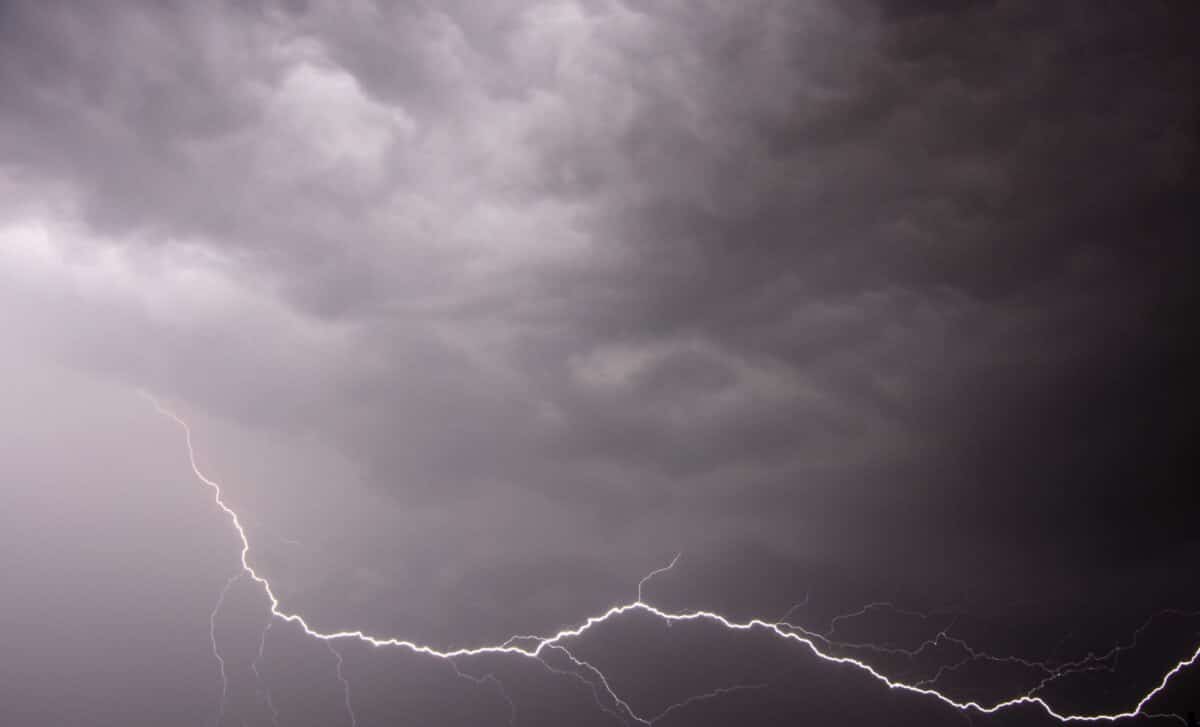The Met Office has issued a yellow warning for thunderstorms across parts of England this weekend, as the country grapples with a continuing heatwave. The warning is set to last from 3pm on Saturday until 4am on Sunday, with scattered thunderstorms expected to cause potential disruption in several regions.
This weather event comes as the UK experiences soaring temperatures, reaching highs of 33°C, and the Health Security Agency has issued an amber alert. In this context, the thunderstorms could exacerbate already difficult conditions for communities and infrastructure.
Thunderstorm Warning Covers Multiple Regions
According to the Met Office, the warning affects a wide area, including the East Midlands, West Midlands, North East and North West England, as well as parts of Yorkshire and the Humber, and Wales. Major cities such as Leicester, Nottingham, Durham, Newcastle, and Greater Manchester are also under threat.
The Met Office predicts that these thunderstorms could bring heavy downpours, strong gusts, and large hail, potentially leading to surface water flooding. Drivers should expect challenging conditions, including spray and sudden flooding, which may cause road closures in certain areas.
There is also a risk of power outages, and in more severe cases, communities could be cut off by flooded roads.
“Whilst many places will likely remain dry and unaffected, scattered thunderstorms may develop during Saturday afternoon, lasting through the evening hours, moving northeastwards before eventually clearing to the North Sea by the early hours of Sunday,” the warning stated.
The Ongoing Heatwave and Its Impact on Health
The thunderstorm warning coincides with an ongoing heatwave, which has seen temperatures rise to 32.2°C in London. The UK Health Security Agency has raised concerns over the impact of extreme heat on public health, issuing an amber heat-health alert, which will remain in force until 9am on Monday.
The alert is particularly concerning for vulnerable groups, such as the elderly and those with pre-existing health conditions.
The prolonged heat is expected to place pressure on health services, and the risk of heat-related illnesses, including heatstroke and dehydration, remains high. As the heatwave continues, temperatures may reach as high as 34°C on Saturday, nearing the UK’s June record of 35.6°C set in 1976.
With the combination of soaring temperatures and storm risks, authorities are urging the public to remain cautious. The coming days may be critical for managing both the immediate impacts of the heatwave and the potential disruptions caused by these thunderstorms.









